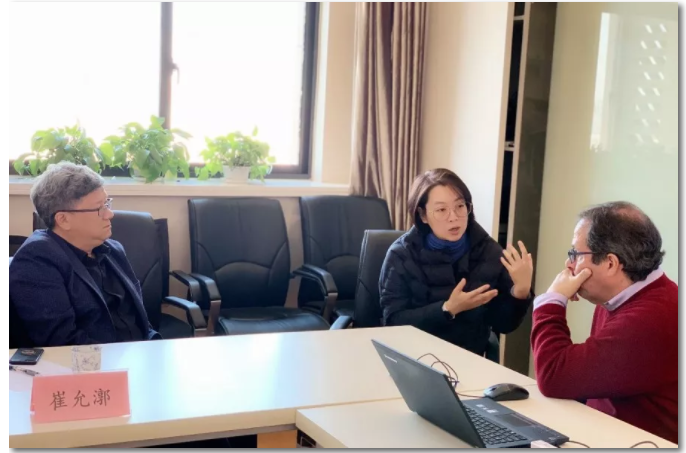Huaxia Curriculum Forum: Professor Aaron Benavot Analyzed School Teaching Through Curriculum Schedule
2019-12-15
On the morning of November 19th, professor Aaron Benavot, a senior expert on lifelong learning at East China Normal University, visited ICI, and gave a report entitled “A Window into What Schools Teach: Findings and Implications from Timetable Research”. Associate Professor Lei Hao of ICI presided over the forum. Professor Cui Yunhuo, Deputy Director Professor Chen Shuangye, Huang Xiaorui, Yang Xiaozhe and other experts attended and participated in the discussion. The forum also attracted many students from ICI and other units.

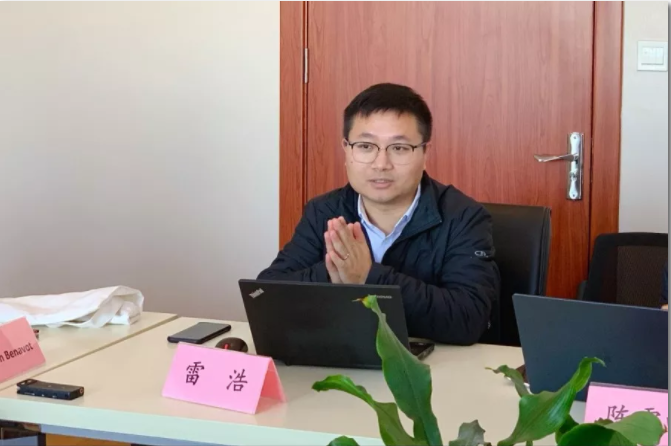
Associate Professor Lei Hao
Institute of Curriculum and Instruction, East China Normal University

At the beginning of the report, Professor Benavot reviewed the report the day before, noted that curriculum schedules at the national and school levels are more representative of “prepared courses” as one of the ways for education administrations to communicate official curriculum policies and expectations. Taking the curriculum schedule as the carrier, he constructed a curriculum implementation theoretical model of “input-curriculum implementation-learning results”. He stressed that the study of the curriculum, like the analysis of textbooks, although it does not fully reflect “what happened in the classroom”, can provide us with a window into the “black box”.


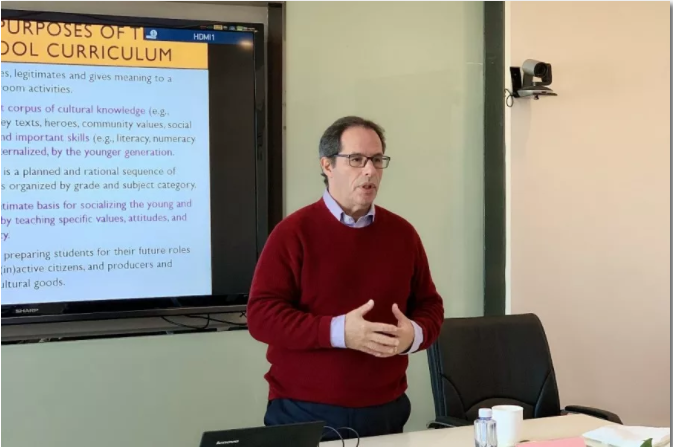
Professor Aaron Benavot

On this basis, he analyzed the basic structure of the curriculum and discussed the most important factor “time”. By comparing the time data of “prepared courses” in different ages, different countries and different grades, Professor Benavot described the change curve of “teaching time” in the curriculum schedules at the national level in China in recent decades.



Subsequently, he further introduced other studies about “teaching time” and curriculum schedule, such as the factors that reduce or affect teaching time in curriculum implementation, the time that students really spend on studying, the proportion of time taken up by different learning or class management activities, etc. He pointed out that there are considerable differences in the quantity and composition of time between official curriculum policy regulations and curriculum implementation at the school level. At the same time, he criticized a common misconception in schools and society, that is, “the longer you learn, the better you learn”, he pointed out that there is no inevitable causal relationship between teaching time and students’ performance.

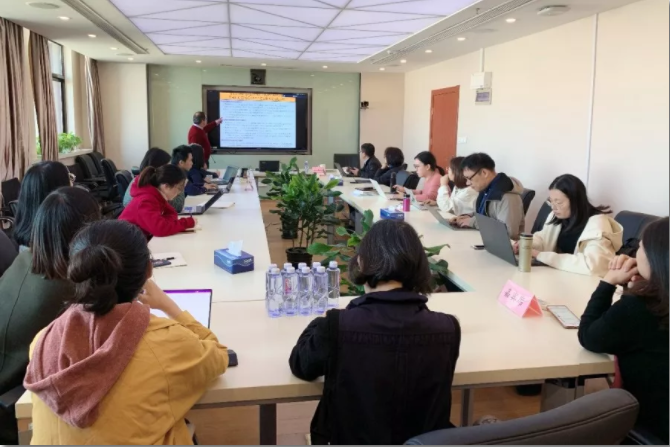

He then shared an international comparative study about curriculum schedule, through questions as “whether to teach a subject” “the proportion of teaching time of a subject” and “the number of hours of actual teaching time of a subject”, he explored the selection and organization of knowledge represented by the curriculum schedule. He believed that the curriculum shows “what knowledge is necessary”. However, more and more countries believe that students should be given the opportunity to choose the courses they are interested in.



After describing the overall situation of the curriculum schedule around the world, he took schools of different ethnic and religious backgrounds in Israel as an example to illustrate how to design curriculum to meet the needs of students, and conducted an inter-institutional study of the weekly curriculum at school level.

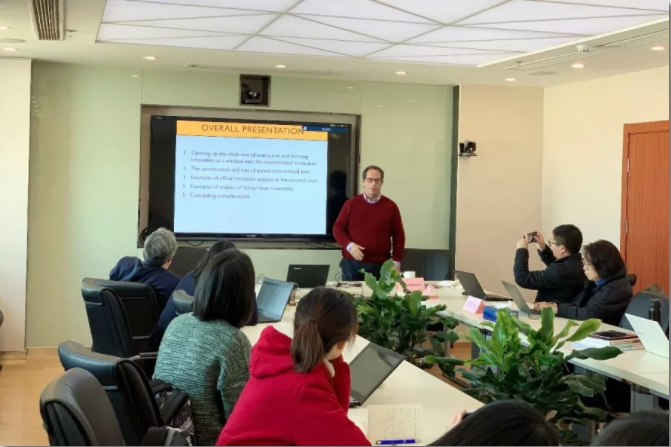

At the end of the report, Professor Benavot made a brief summary and pointed out that the curriculum actually shows how the school will transform official curriculum policies and expectations to provide students with learning opportunities. In this process, Professor Benavot had an in-depth discussion with the audience on “the intensity of interpretation of research data”.

